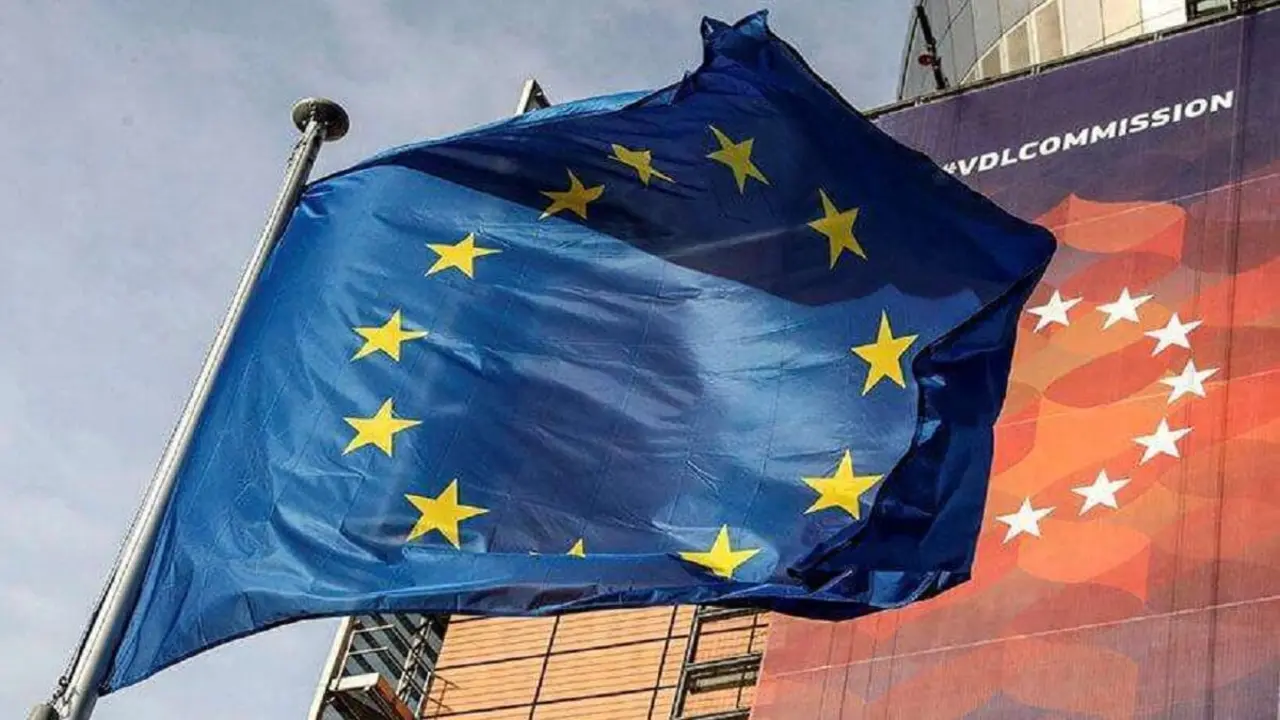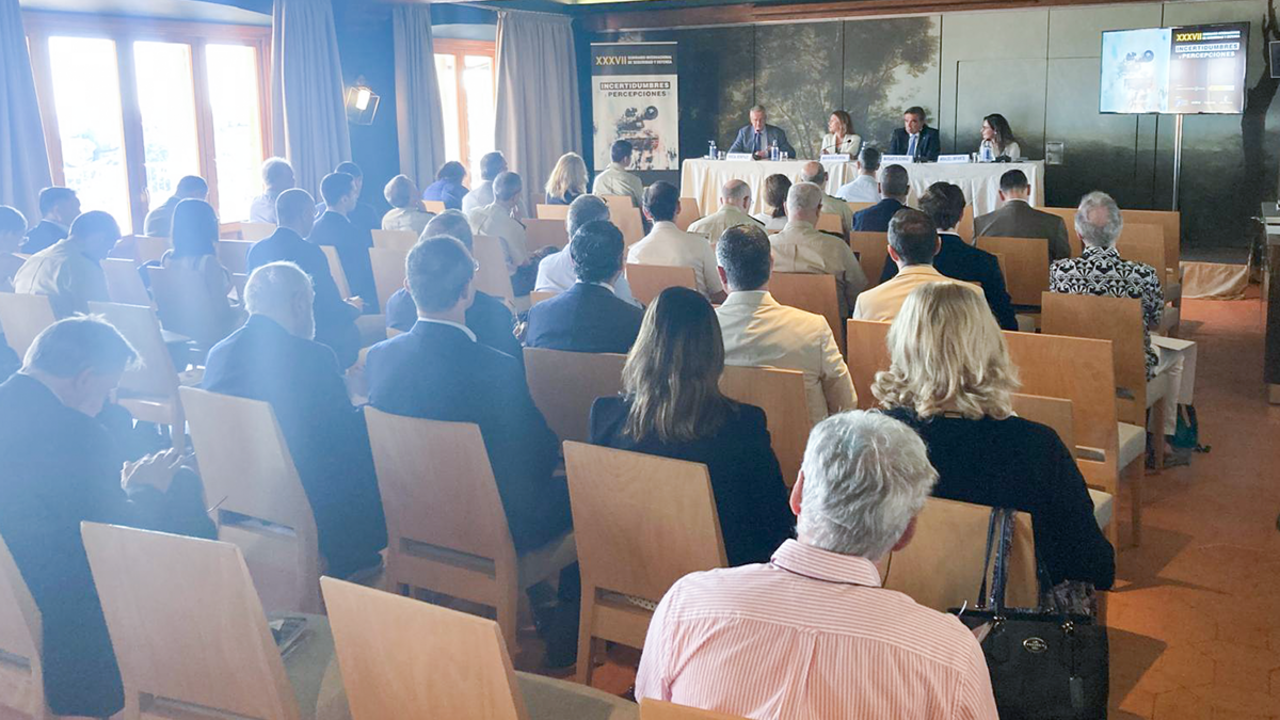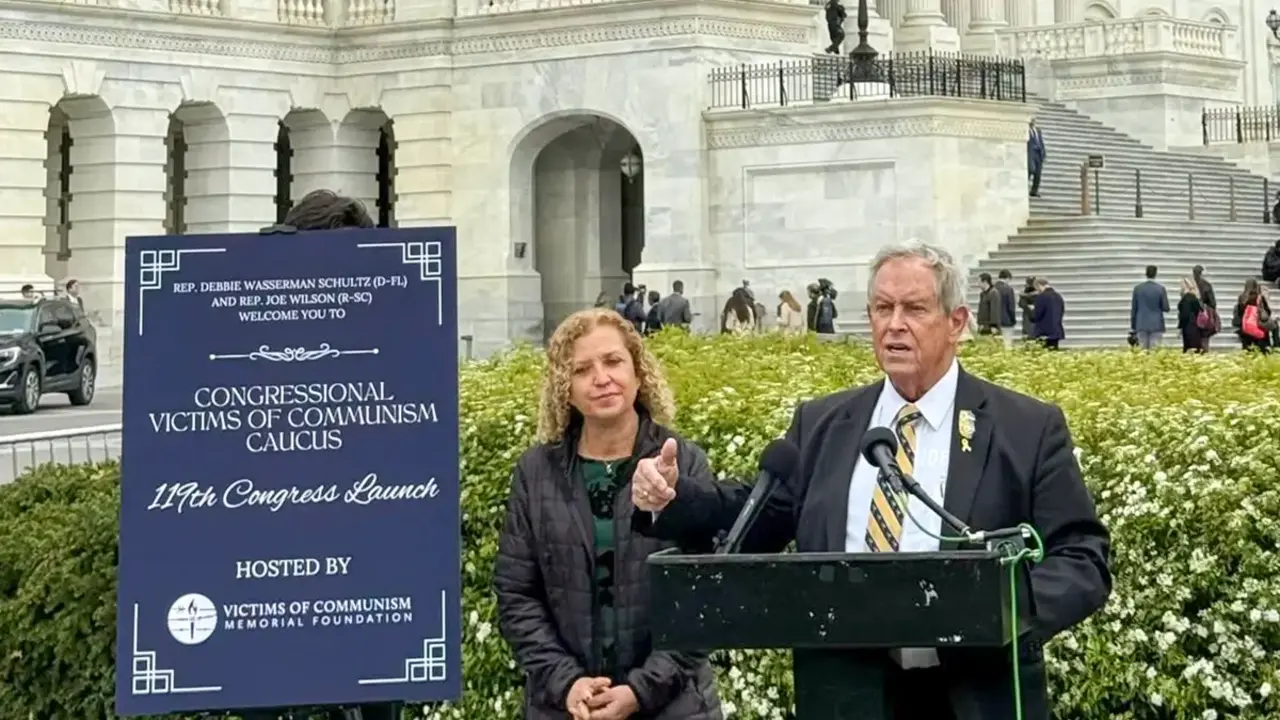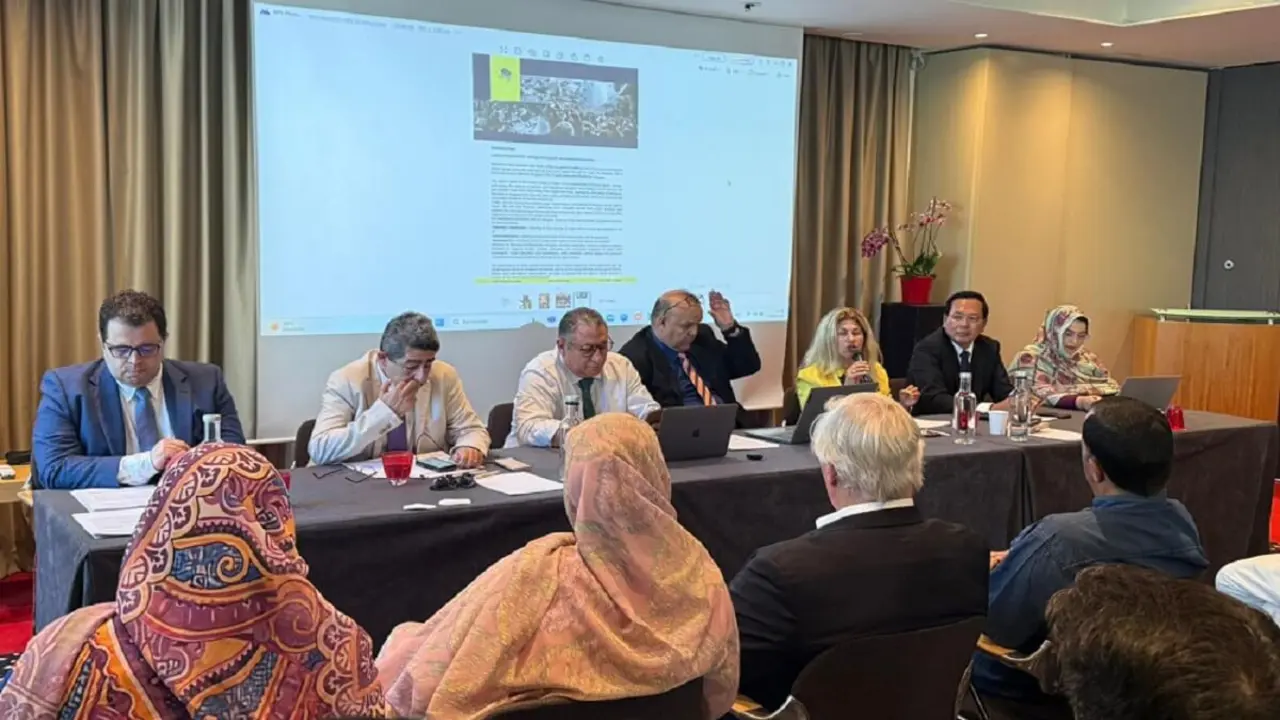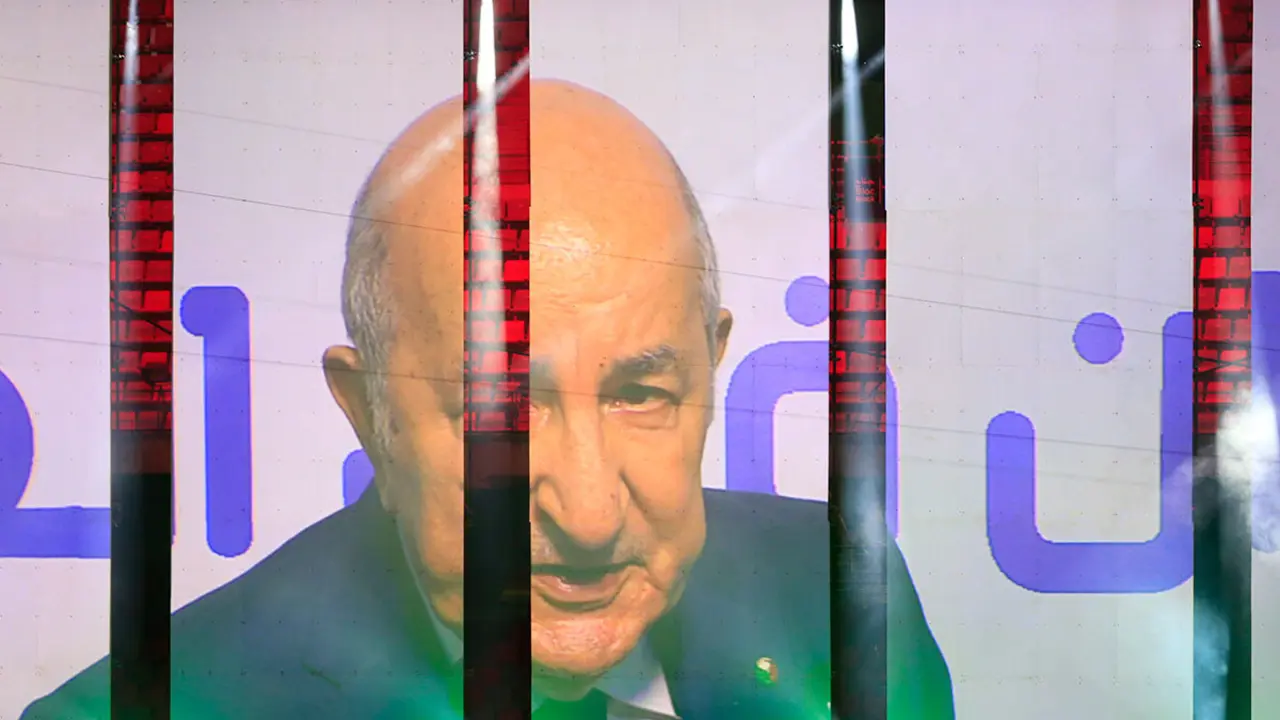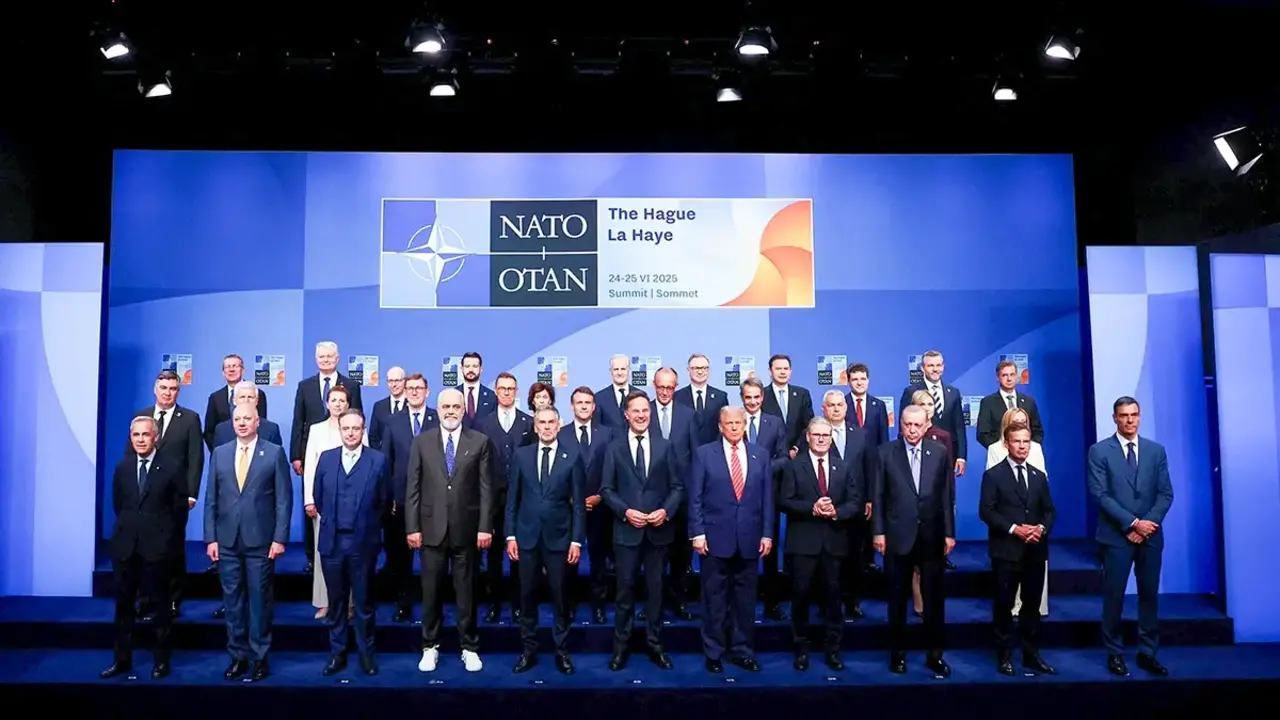A prosecutor orders the release of all Beirut port blast detainees

Lebanon's Prosecutor General Ghassan Oueidat on Wednesday ordered the release of all those detained in connection with the 2020 explosion that killed more than 200 people and injured 6,500 in Beirut, in a further blow to an investigation that has been repeatedly obstructed.
"We have decided to release, without exception, all detainees in the Beirut port explosion case and to ban them from travelling, placing them at the disposal of the Judicial Council in case it convenes and informing whoever necessary," reads a notification signed by Oueidat.
Last Monday, the judge in charge of the investigation into the deflagration, Tarek Bitar, decided on his own motion to resume the process after more than a year suspended due to a series of complaints filed by former high-ranking officials suspected of negligence in the case.
In parallel, the judicial investigator ordered the release of five of the 17 detainees in connection with the tragedy and called a number of suspects to testify early next month, including Oueidat himself, former Prime Minister Hassan Diab and two senior Lebanese officials.
However, the prosecution considers that Bitar's hands are still "tied" in the explosion case, so that the process does not have a judge who can decide on the appeals filed by those detained "for more than a year" in its framework, according to the notice issued today.
In these circumstances, Oueidat decided to order the release of the 17 suspects on the basis of Article 9 of the International Covenant on Civil and Political Rights, which upholds the detainees' right to liberty.
"Anyone arrested on a criminal charge must be brought promptly before a judge or other officer authorised by law to exercise judicial power and must be entitled to trial within a reasonable time or to release," reads the covenant adopted by the UN in 1966.
Human rights organisations have accused suspected former high-ranking officials of obstructing the investigation into the blast, and have called for an international enquiry into the lack of progress in the domestic process two and a half years after the tragedy.

